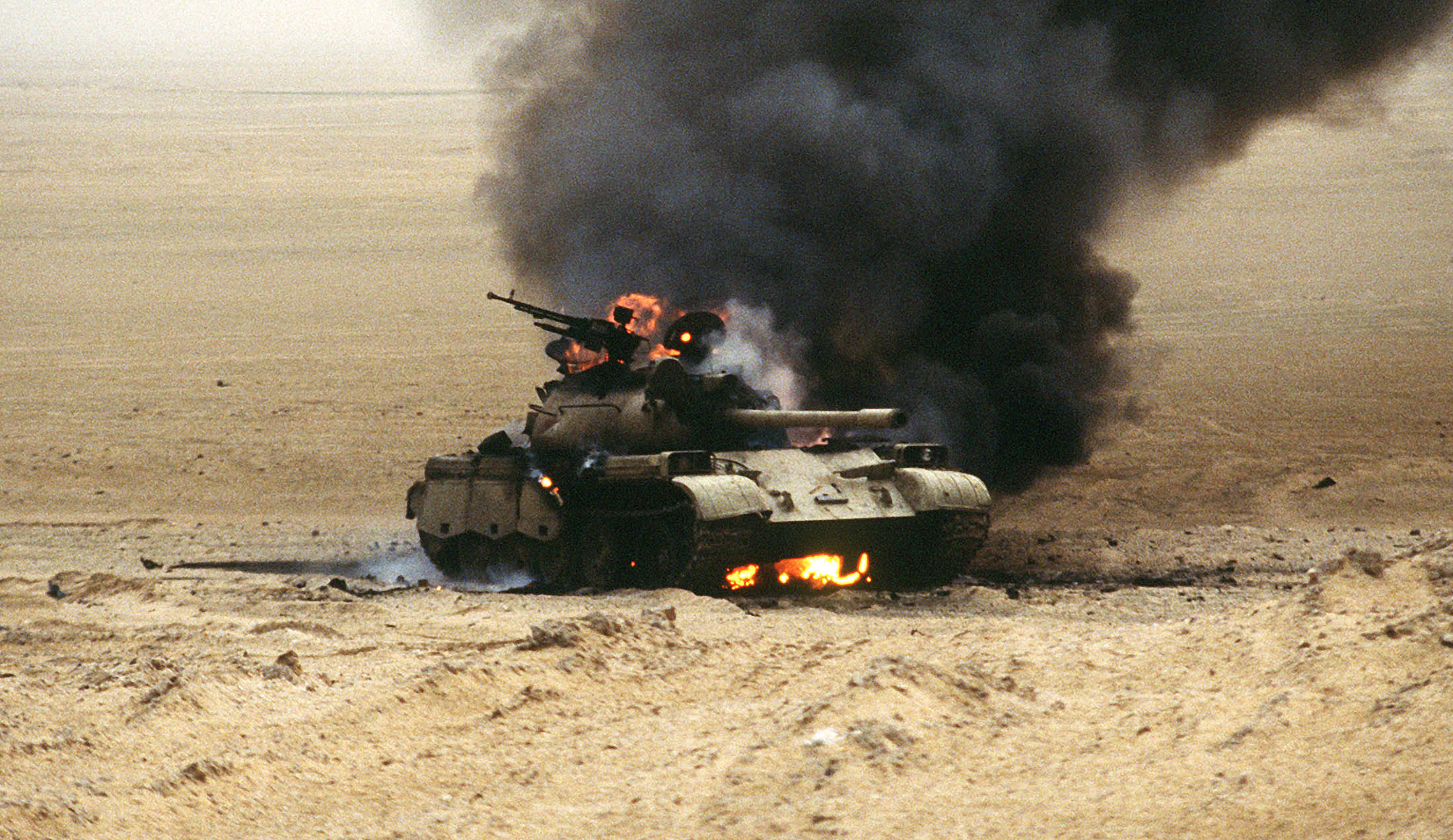
I would like to weave together into a 150-300 word article and case studies that can help each one of us
-
Make sense of how to resolve the underlying tensions between acknowledging the socialecological costs of the tech industry…and findings ways to develop technological tools that help create conditions for a zero/negative carbon economy which offers accessible opportunities for everyone to build healthy, happy lives.
-
Figure out how each one of us can put the skills, resources and relationships we in service of making this happen. Not in a theoretical, pie in the sky scenario - but based on the practical constraints of our everyday lives right now.
As @amelia puts it, this means we need to go beyond conversations in which we discuss the merits of various solutions or technologies. Rather it requires us to include more of our personal experience, motivations and examples in our stories, thoughts, ideas and project presentations and discussions. Our views on the topic are surely interesting, but knowing what brought each of us to start thinking about it and what shaped your ideas is what will enable us to not only connect but also to discuss and research on a deeper level!
What questions/dilemmas are you yourself struggling with right now? What do you think we should be asking one another and everyone we know, peer to peer, to help you firgure out a solution?
My own personal struggle is tied to how to live and work with others in a spirit of solidarity set against a backdrop of being an ethnic minority in Europe, a lifetime of moving around and the experience of how quickly things can fall apart due to shifts outside our direct control (read: war + health).
I had a beautiful and free childhood in communities of expatriates from all over the planet who moved due to professional opportunities. All of them with tertiary education. A lot of this was spent in the middle east, more specifically the Gulf region. So a mix of people with professions that were fairly well paid, or filthy wealthy because well - the gulf. The situation was stable, very safe and free for children - school then home then playing outdoors with lots of kids and pretty much no supervision. While my own family is culturally, ethnically and religiously mixed - Our social circle was largely defined by being part of a tight knit North Sudanese community.
The Sudanese are a communitarian people with strong ties to their country and regions of origin. My dad is from a region called Al Gezira. Farmers + Communitarian + Communist. Traditionally a thorn in the side of the political leadership in the capital. I hadn’t realised just how influential this strand of my heritage is until the recent, still ongoing, revolution in the country. It’s funny how these things can make you see where certain aspects of your person come from.
Then Iraq invaded Kuwait. My Dad was running a research Lab at IBM and was doing something brainy at the University. Staff were warned in advance that something was happening, but it still came as a complete surprise. After a dramatic turn of events involving parents driving through barricades, a student of my Dad’s offered their farmhouse as a refuge.
Fastforward through a jouney that took us through Iraq, jordan and Egypt.
We then moved to Stockholm, during what later came to be known as a decade of violent racism in Sweden. Because of the war in the Balkans an unexpectedly large number of people from former Yugoslavia sought refuge in Sweden, especially during the first years of the war. This happened at the same time as Sweden experienced worst recession in 60 years- It didn’t take long for things to turn ugly. Then as as we do now, we saw a hostile reaction to refugees and migrants. At it’s worst we saw people walking around with weapons using lazer- visors to terrorise and kill those who “look like immigrants”.
The Swedish labour market at the time was, and still, is deeply shaped by people’s social relationships. It is a small country that is notoriously difficult to really make your home in unless you have childhood friendships to rely on. But tech has always been a big place, especially when internet/digital was making it’s way into the ecnonomy. I jumped on that train fairly early and that was my “ticket in”.
There is a much longer story within which my own is situated- but you get the idea, this mix between tight tight solidarity, and an environment of extreme hostility. I am painfully aware of the importance of having financial resources to get yourself and your family out of dangerous situations. And of how quickly a seemingly hospitable social environment can turn against you and make clear that you don’t really belong/Can rely on protection.
Others say that your best bet of surviving a difficult situation, e.g impending climate catastrophe, is being embedded in a web of nurturing relationships.
But how much can you rely on this web in a multicultural setting where people do not have the same strong ties to an ancient culture and land?
And what does this mean for how you relate to the development and use of technologies?
How do you balance the need for profiting from a company and caring for the needs of others?
All of this somehow ties in to these discussions we are having. But I am at a loss for how to move forward wisely over the coming years.
So this is me. Any suggestions based on your own experiences?
 Being in the USA after 9/11 created a similar kind of hostile environment for our Arab family.
Being in the USA after 9/11 created a similar kind of hostile environment for our Arab family.